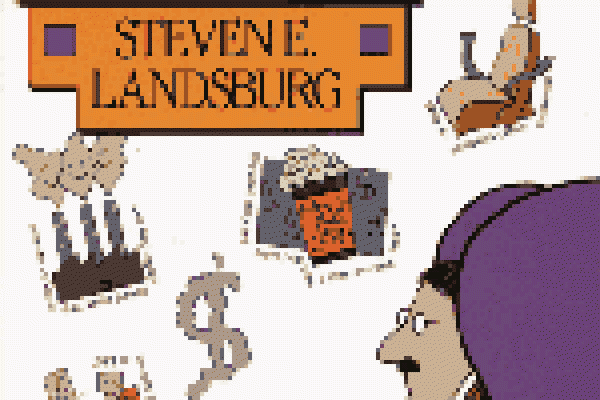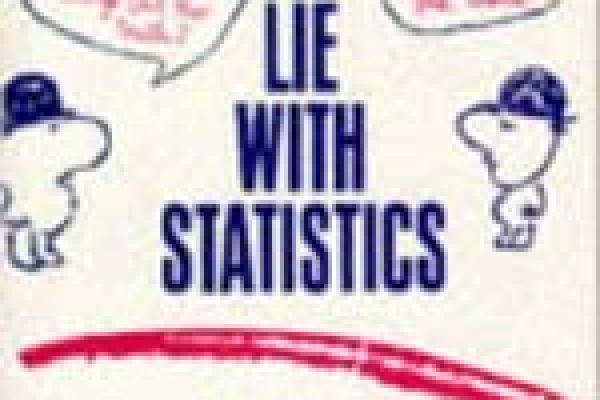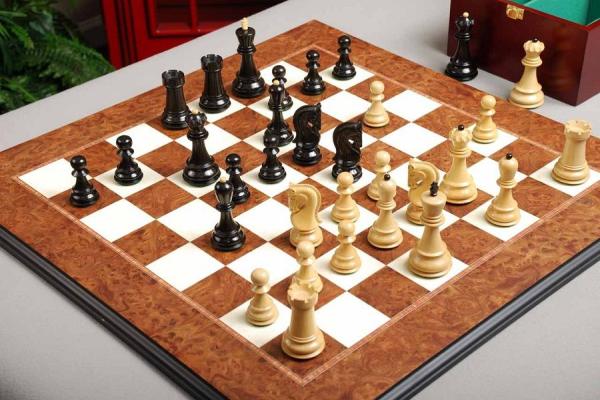Basic page
Plus Magazine
May 2004
In issue 29 of Plus, we heard how a simple mathematical equation became the subject of a debate in the UK parliament. Chris Budd and Chris Sangwin continue the story of the mighty quadratic equation.
Tags
Taxonomy upgrade extras




